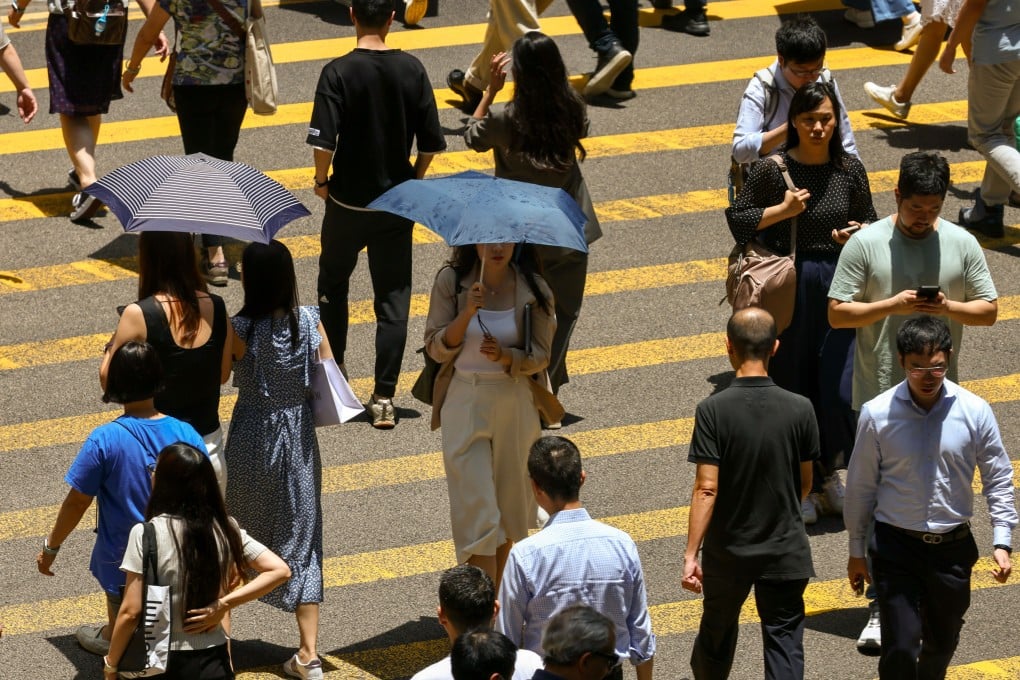Hong Kong to face hotter-than-normal summer, more heatwaves due to climate change: experts
- Rest of country also grappling with extreme weather as south records severe flooding and high temperatures prompt drought further north

Hong Kong recorded its hottest summer solstice in more than 40 years as temperatures reached 34 degrees Celsius (93.2 Fahrenheit) on Friday, as meteorologists warned of a hotter-than-normal summer and more heatwaves ahead due to climate change.
The rest of the country was also struggling under the effects of extreme weather that had brought severe flooding to the south, while a drought was taking a toll on agriculture further north.
Over in Hong Kong, the Observatory recorded a scorching urban temperature of 34 degrees at its headquarters in Tsim Sha Tsui shortly before 4pm, noting it was the highest reading so far this year and marked the hottest summer solstice since 1980.
Other parts of the city were even hotter, with the mercury climbing as high as 36.4 degrees in Sheung Shui.
The scorching weather is expected to continue into the weekend, with temperatures likely to reach 34 degrees on Saturday.
